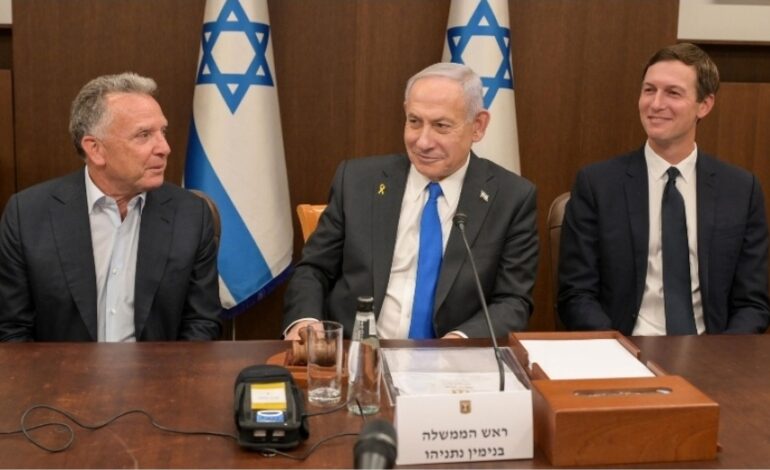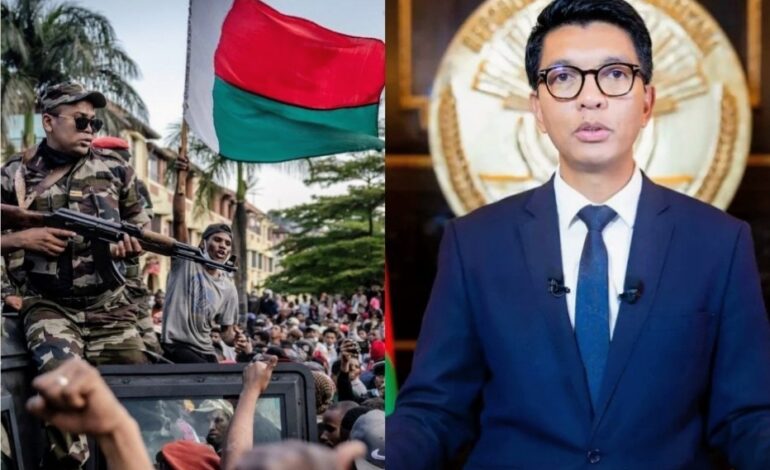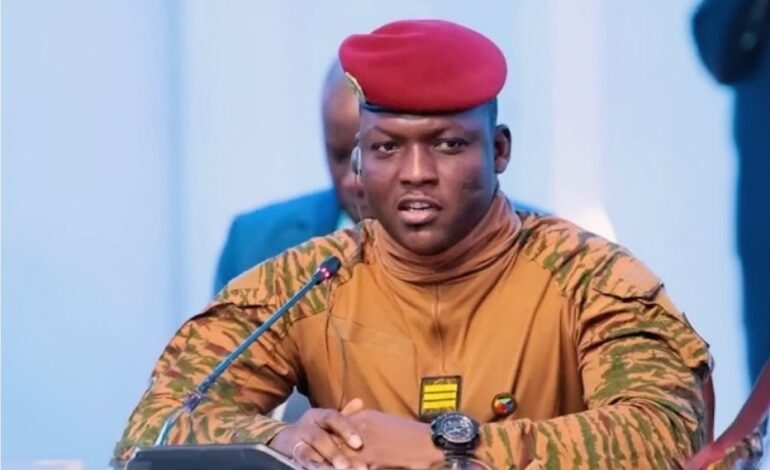
Wayne Lumbasi
Burkina Faso has firmly rejected a proposal from the United States that sought to have the West African nation receive deportees expelled from American soil.
The government in Ouagadougou described the offer as “indecent” and contrary to the country’s values, declaring that Burkina Faso would not serve as a dumping ground for people who have no ties to its territory. Foreign Minister Karamoko Jean-Marie Traoré emphasized that the country stands for dignity and sovereignty, asserting that Burkina Faso is “a land of dignity, not deportation.”
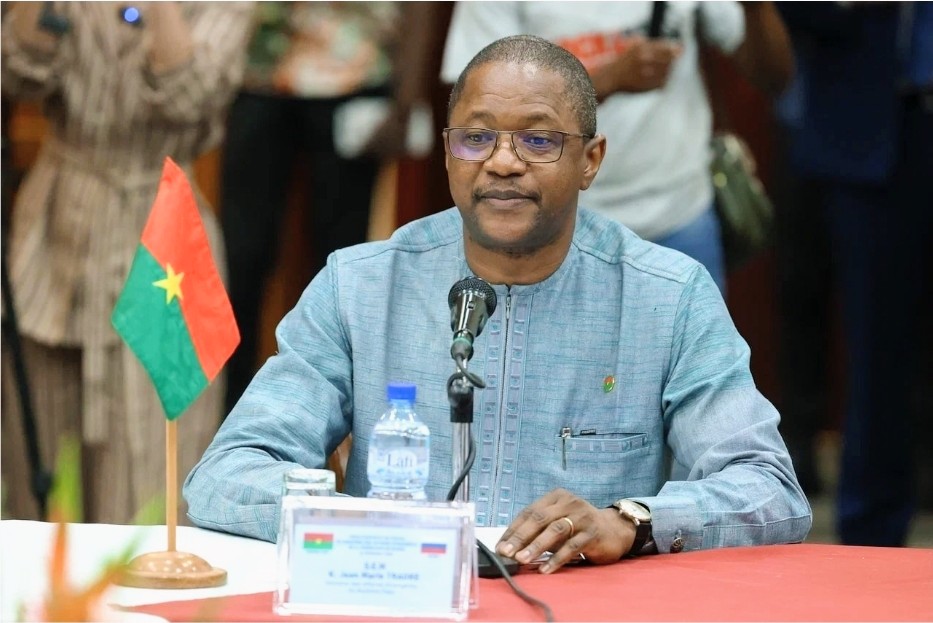
The proposal reportedly formed part of a broader U.S. plan to establish third-country agreements with African nations willing to accept migrants deported from the United States. Such arrangements have been quietly discussed with several countries, including Ghana, Rwanda, and Eswatini, as Washington intensifies its efforts to manage immigration and reduce the number of undocumented migrants within its borders.
Rights groups, however, have repeatedly warned that these deals raise serious humanitarian and legal concerns, especially when deportees are sent to countries where they have no family, cultural, or legal connection.
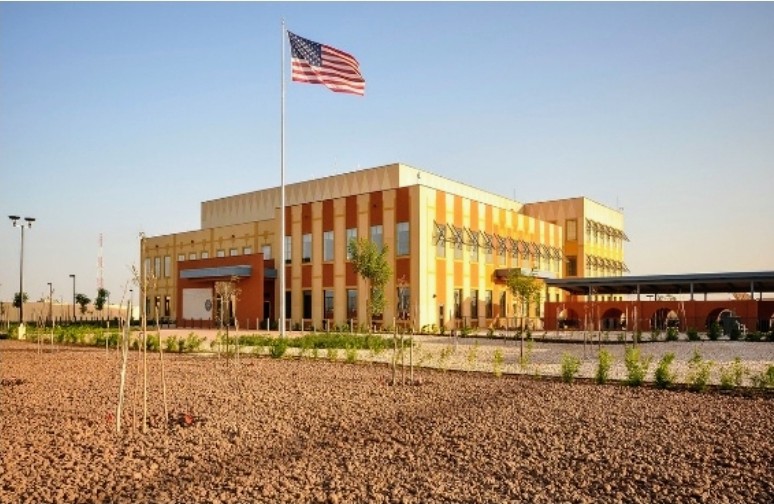
Burkina Faso’s decision coincides with a diplomatic standoff after the U.S. Embassy in Ouagadougou announced the suspension of most visa services, directing applicants to seek services in neighboring Togo.
Many in Burkina Faso have interpreted this as a form of diplomatic pressure following the government’s refusal to cooperate on the deportation proposal.
This latest episode reflects the shifting tone of Burkina Faso’s foreign policy under the leadership of Captain Ibrahim Traoré, who has taken a more assertive stance toward Western powers while strengthening ties with non-Western partners such as Russia. The move is being celebrated domestically as a defense of national pride and an affirmation of independence in the face of foreign influence. Regionally, it may inspire other African nations to resist similar U.S. overtures, signaling a broader pushback against external dictates in African migration and diplomatic affairs.
RELATED
GHANA FACES GROWING CRITICISM OVER US DEPORTEE AGREEMENT
U.S DEPORTEES SUE GHANA FOR UNLAWFUL DETENTION
U.S. EXPANDS THIRD-COUNTRY DEPORTATIONS TO ESWATINI, SOUTH SUDAN WHILE PRESSING LANDLORDS FOR TENANT DATA






